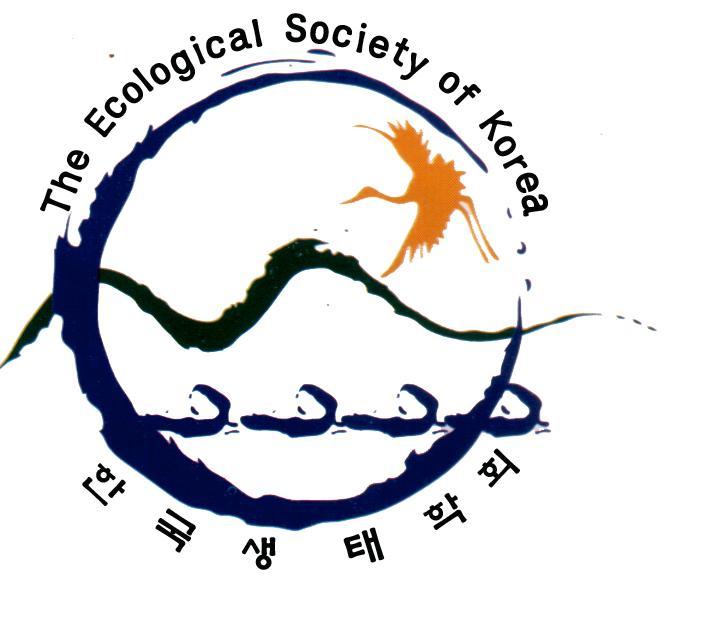- KOREAN
- P-ISSN2287-8327
- E-ISSN2288-1220
- SCOPUS, KCI
 ISSN : 2287-8327
ISSN : 2287-8327
Article Contents
- 2024 (Vol.48)
- 2023 (Vol.47)
- 2022 (Vol.46)
- 2021 (Vol.45)
- 2020 (Vol.44)
- 2019 (Vol.43)
- 2018 (Vol.42)
- 2017 (Vol.41)
- 2016 (Vol.39)
- 2015 (Vol.38)
- 2014 (Vol.37)
- 2013 (Vol.36)
- 2012 (Vol.35)
- 2011 (Vol.34)
- 2010 (Vol.33)
- 2009 (Vol.32)
- 2008 (Vol.31)
- 2007 (Vol.30)
- 2006 (Vol.29)
- 2005 (Vol.28)
- 2004 (Vol.27)
- 2003 (Vol.26)
- 2002 (Vol.25)
- 2001 (Vol.24)
Non-deep physiological dormancy in seeds of Euphorbia jolkinii Boiss. native to Korea
Shin Un Seop (Baekdudaegan national arboretum)
(Korea Forest Service)
Abstract
Background: Euphorbia jolkinii Boiss. is a perennial species native to Jeju Island and the southern coastal area of Korea. Particularly on Jeju Island, the yellow flowers of E. jolkinii Boiss. have a high ornamental value because of their contrast with basalt. This study was conducted to investigate the effects of different temperatures (5, 15, 20, and 25 °C) and gibberellic acid (GA3) concentrations (0, 10, 100, or 1000 mg/L) on seed dormancy and germination of E. jolkinii. In addition, we classified the seed dormancy type and compared types with those of other species in the same genus. Results: The number of seeds with viable embryos and endosperms was approximately 66%. The final germination percentages at 5, 15, 20, and 25 °C were 51.7%, 83.5%, 2.6%, and 0.0%, respectively. In GA3 concentration experiments, the final germination percentages of 0, 10, 100, and 1000 mg/L were 83.5%, 91.7%, 79.1%, and 83.4%, respectively, at 15 °C conditions, and 0.0%, 6.9%, 13.2%, and 27.3%, respectively, at 25 °C. Conclusions: Germination improved at temperatures of 15 °C or lower. Furthermore, GA3 treatment effectively reduced germination times. Thus, the seeds of E. jolkinni were classified as having non-deep physiological dormancy.
- keywords
- Germination temperature, Gibberellic acid, Native plant, New ornamental plants, Physiological dormancy
- Downloaded
- Viewed
- 0KCI Citations
- 0WOS Citations

